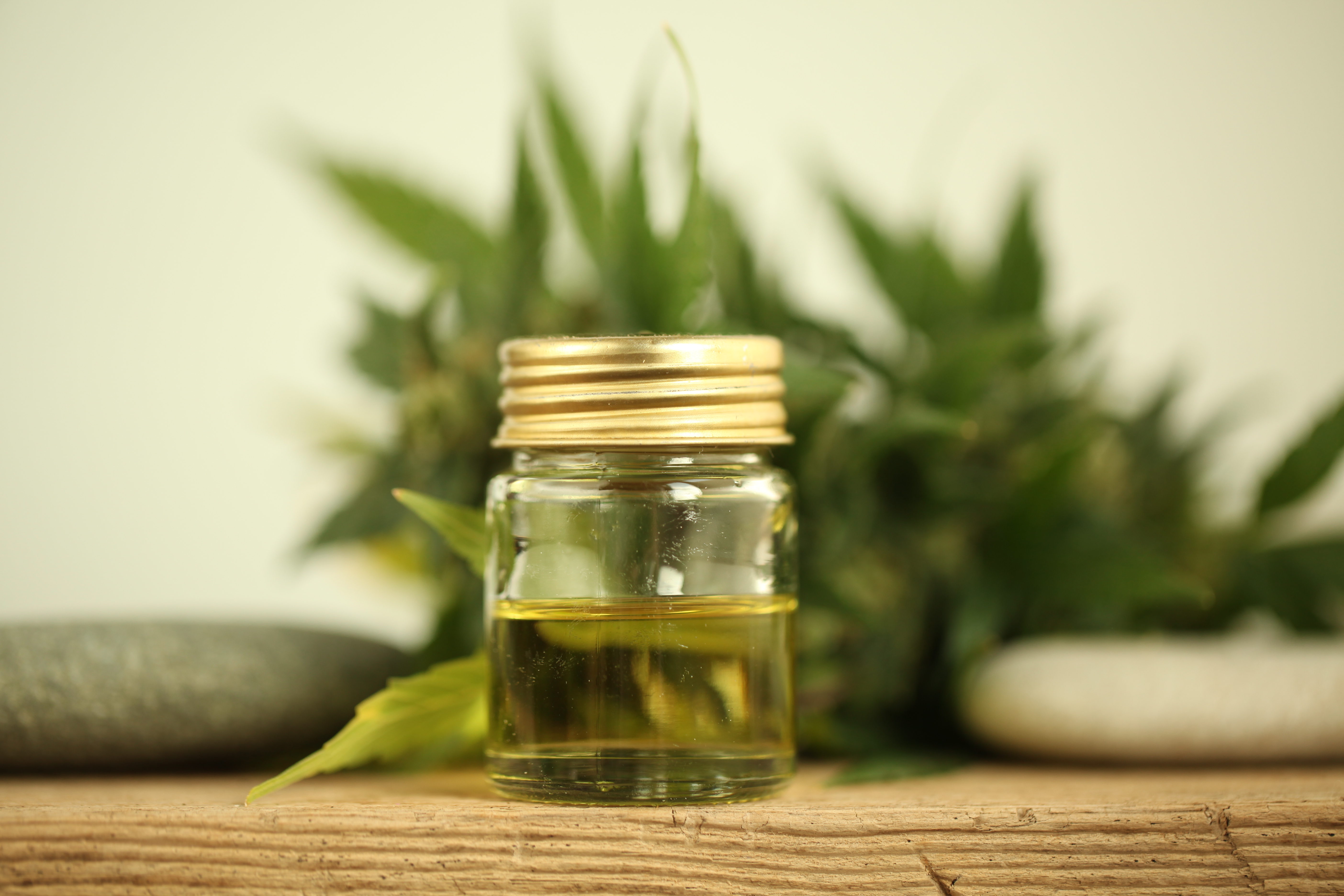Have you noticed the explosion of CBD products that are available now in retail outlets? Even Amazon is selling CBD products now! You might be wondering how this is possible if CBD is a derivative of cannabis, which is currently illegal at a federal level.
Here’s How it Works
CBD is also found in hemp. The Agriculture Improvement Act of 2018 removed hemp from the Controlled Substances Act, so hemp and its derivatives (including CBD) are no longer federally illegal. This allows for any part of the hemp plant to be grown, imported, and sold in the United States as long as it is less than .3% THC (it’s impossible to completely remove any trace of THC). It is still up to states to determine their specific laws for cultivation, production and sale of hemp, however, and state laws vary widely.
One Caveat
In passing the Agriculture Improvement Act of 2018, Congress explicitly preserved the FDA’s authority to regulate products containing cannabis or cannabis-derived compounds under the Federal Food, Drug, and Cosmetic Act (FD&C Act) and section 351 of the Public Health Service Act.
According to the FDA statement on this issue, “It is unlawful under the FD&C Act to introduce food containing added CBD or THC into interstate commerce, or to market CBD or THC products as, or in, dietary supplements, regardless of whether the substances are hemp-derived. This is because both CBD and THC are active ingredients in FDA-approved drugs and were the subject of substantial clinical investigations before they were marketed as foods or dietary supplements. Under the FD&C Act, it’s illegal to introduce drug ingredients like these into the food supply, or to market them as dietary supplements.”
So what’s the verdict?
If you want to use hemp-based CBD products, there is a gray zone, especially for food-based products and dietary supplements. However, it’s reasonable to assume there is more risk for product manufacturers than for individual consumers.
